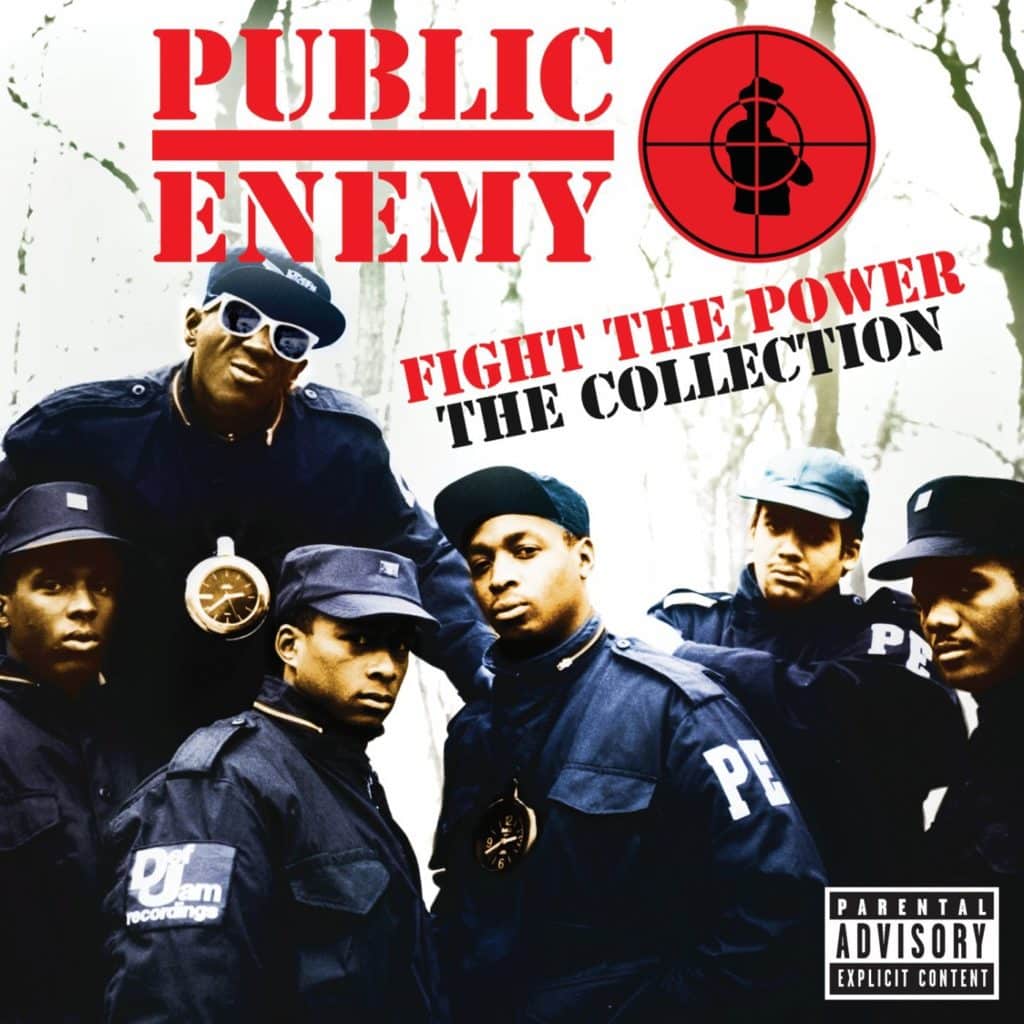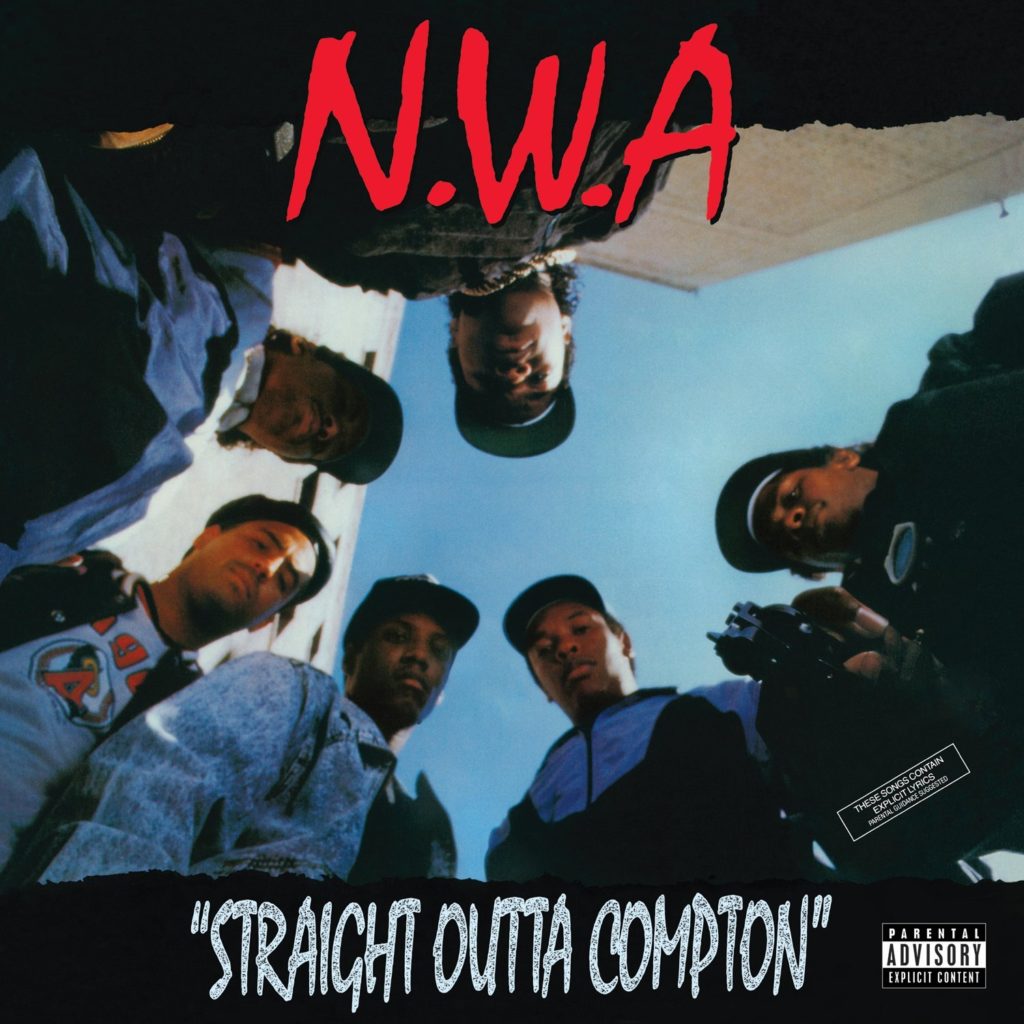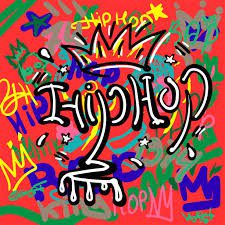Introduction
The 1980’s introduced the world to a new type of Hip Hop. While the genre was still heavily influenced by funk and disco, Hip hop was beginning its transition into music that reflected the lives of the artists. Lyrics transitioned to meaningful instead of just fun with artists such as NWA and Public Enemy using their music to educate their fans. By the mid 80’s Hip Hop became mainstream, turning the 80’s into the Golden Age of Hip Hop.
Without this era of Hip Hop empasizing social issues and using their music to enact social and political change, artists today would not have the ability to successfully do so.
East Coast Hip Hop
New York City is often cited as the birthplace of hip hop and a lot of amazing artists have come out of New York City. The 80’s also introduced the world to songs such as “The Message” by Grandmaster Flash and The Furious Five. Referred by some as the most important song in Hip Hop history, “The Message” opened the floodgates for unfiltered lyrics about society and life. We see this trend continue into the 90’s and so on as artists continue to use their platforms to inform their audiences about issues going on during a specific era. Another group that followed the trend of influential lyrics is Public Enemy. Their song, “By the Time I Get to Arizona”, details their frustration with the state refusing to make Martin Luther King’s birthday a holiday. Ultimately, the song resulted in Arizona losing $500 million in revenue via tourism. Ultimately, Dr. King;s birthday was enacted as a holiday the very next year.

West Coast Hip Hop
The world of Hip Hop took the West Coast by storm and has been influential on the west ever since. Artists such as the members of N.W.A still have a lasting effect on Hip Hop culture decades later. Similar to the East Coast, west coast rappers used their platforms to make music that detailed the life they lived as well as the injustice these artists faced daily. Easy-E’s Boyz N the Hood musically describes what a day in the life would be like for a young man living in Compton, Ca. Easy-E tells his unfiltered story on this record, solidifying his place in the Hip Hop world and encouraging future artists to do the same as well. One of NWA’s most famous songs is a anthem protesting police brutality. “F*** The Police” was regarded as the perfect protest song during the 80’s and is still relevant today and issues of police brutality continue to affect the black community.

Conclusion
As rap continues to be a major genre in the music industry, artists are continuing to use their platform to address social issues. Some songs include “Changes” by 2pac and more recently, “The Bigger Picture” by Lil Baby. In Changes, 2Pac raps about life as a poor black man living in America. He calls on the government to assist those living in poverty instead of over policing African Americans. He raps, “And still I see no changes, can’t a brother get a little peace? There’s war in the streets and war in the Middle East Instead of war on poverty, they got a war on drugs So the police can bother me”. In The Bigger Picture, Lil Baby addresses how police brutality and violence against African Americans was still continuing in 2020. He calls on his followers to become more active in elections, stating “I can’t lie like I don’t rap about killing and dope But I’m telling my youngins to vote
I did what I did ’cause I didn’t have no choice or no hope I was forced to just jump in and go“. If it was not for the first few artists using their music to educate others in the 80’s this trend would not have continued and Hip Hop would not be as influential as it is today.


